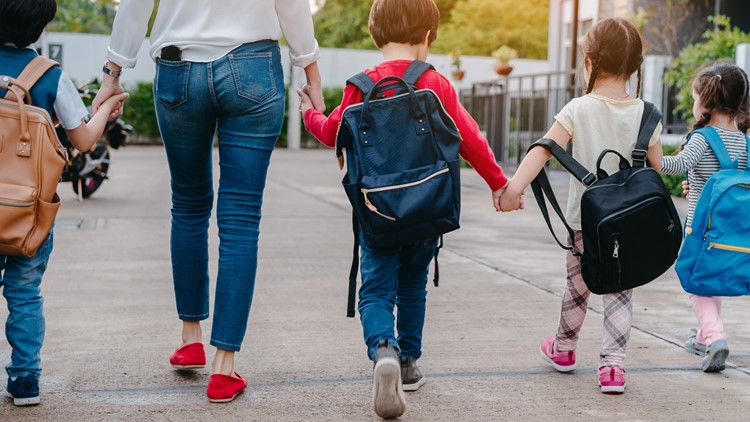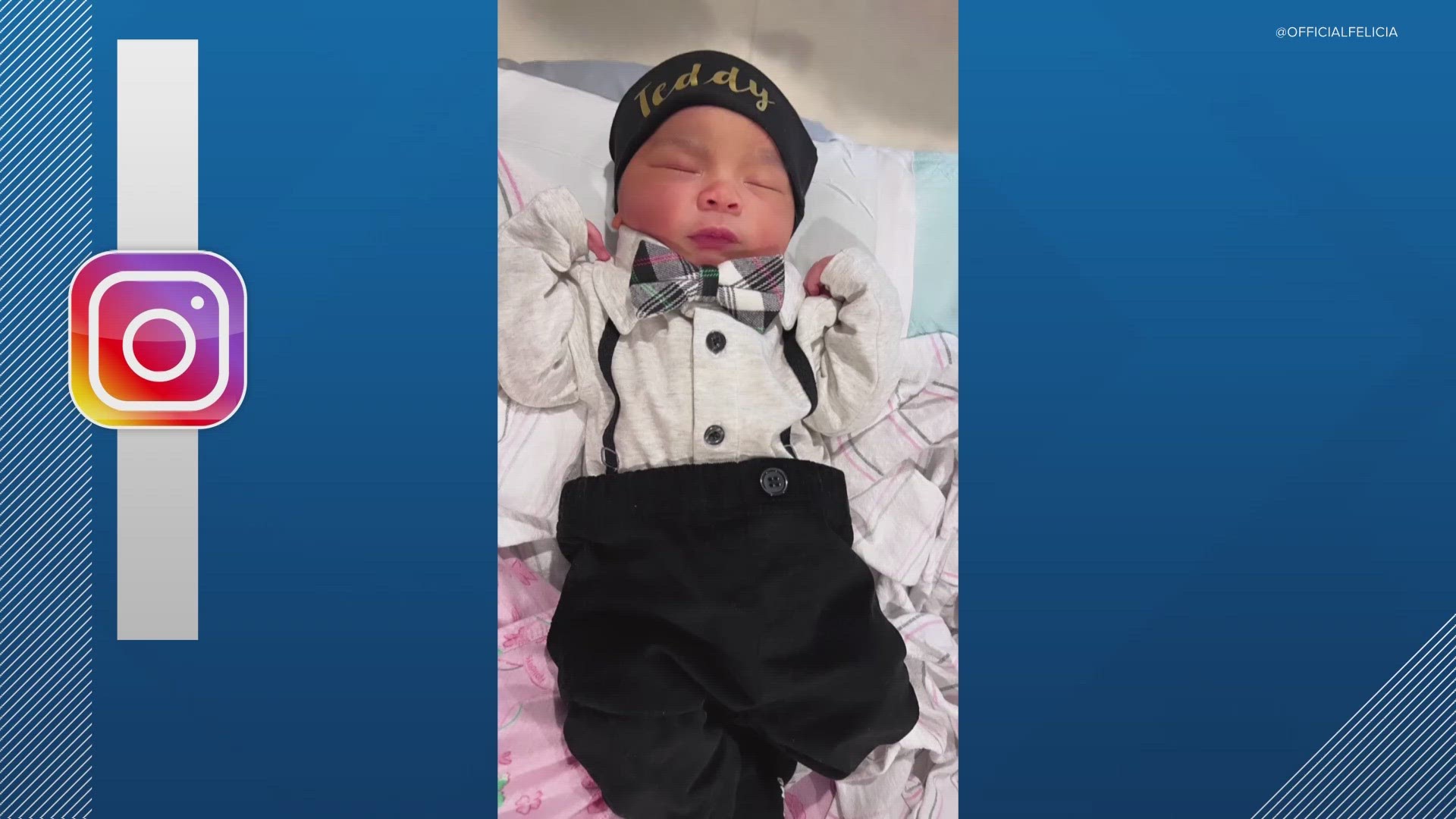INDIANAPOLIS — It’s a transition back to school unlike any other. Many students ended the school year learning online and now they're going to start the year in person, in a new grade, or even at a new school.
With school a few weeks away, the experts say there are some ways to make this extraordinary transition a bit easier on children's mental health.
“When my boys were little I would put a kiss in the palm of their hand and tell them to close their palm and that whenever they missed us they could open it and get our kisses,” said Lisa Hutcheson, the vice president of prevention and advocacy for Mental Health America of Indiana.
Hutcheson also recommends easing kids back into a routine and setting alarms. She says parents with young kids can try putting a family photo or a picture of the family pet in their child's backpack.
Keep communicating
The most important tool for keeping tabs on the mental health of your children as school starts up again is to keep an open line of communication.
“Don’t ask yes or no questions, that was the first thing I learned as a parent,” said Hutcheson.
“Maybe ask what the hardest thing was to get through today or just get in the habit of asking what your high and low point is and continue to show that genuine interest,” said Manda Beretta, the clinical director at Mental Health America of Indiana.
Beretta said the key is to listen, it’s not always about giving unsolicited advice. She said if a parent or guardian does have advice, maybe ask, “I have an idea, can I share it with you?”
Bullying
That line of communication is key especially when it comes to bullying. Masks have been divisive among adults, so they may become a point of bullying for kids. In this case, Beretta again pointed back to having an open line of communication. She advised having parents or guardians explain to their kids why they are for or against wearing a mask.
“Letting them know the reasons why each family is making that decision [for or against wearing a mask] so that they can feel like they’re doing the right thing and they can defend it,” said Beretta.
It’s completely normal for bodies to change over time and during quarantine, many people’s bodies have evolved.
“Maybe this is when a new school outfit comes into play? Something they feel good in,” said Hutcheson.
But for kids who struggle with body image and have the added pressure of posting selfies and videos behind filters that can alter everything from facial features to body types, the photos they’ve been posting may not match with their in-person appearance and kids can be cruel.
Beretta said it's important for parents to "know that daughters are watching them, and if you’re talking bad about your bodies it’s setting an example."
Warning signs
Parents can also keep an eye out for warning signs that their child may be having a hard time.
Preschool:
Hutcheson said that preschool-age children might appear to regress, “like bedwetting or baby talk.” They might also cry more or become more clingy to parents or teachers.
Hutcheson said some of that is normal, especially if a child is entering preschool for the first time.
“But if it goes on for a period of time more than a few weeks you might need to consult someone,” she said.
Elementary school:
Hutcheson said kids in elementary school may, "become upset about things easily that didn’t upset them before. Maybe they’re sleeping less or are sleeping too much."
Middle and high school:
"Middle and high school kids might isolate and might not want to do social things, or are sleeping too much or not enough. They might get agitated more or angry. Or all of sudden become risk takers or daredevils when that wasn’t previously their personality,” said Hutcheson.
Parents:
Parents should also be aware of these changes in themselves, as well, because going back to work can be a lot like going back to school.
"[If] we’re sleeping more or less, more aches and pains, maybe our appetites have changed," Hutcheson said. "If you find yourselves snapping at kids or [your] spouse when that’s not your personality, it’s time to look at your own stress."
She also stressed the importance of taking a minute or two each morning for a parent to ground themselves.
For more advice and assistance with students' transition back into the classroom, visit the CDC's website. The CDC has some suggestions for making the transition easier. Mental Health America also has a back-to-school kit on its website.



